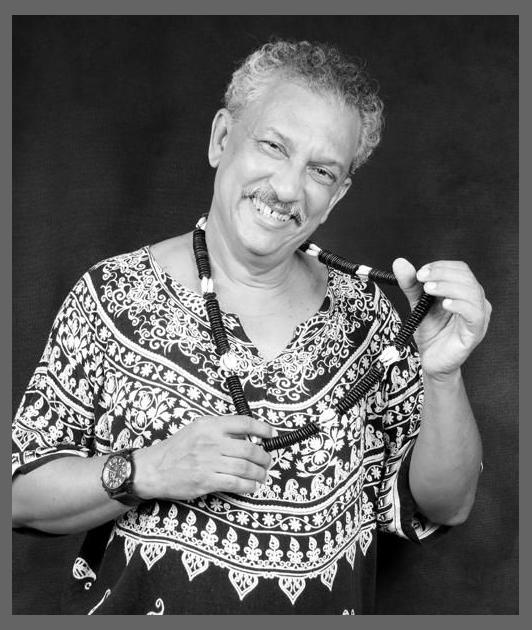 Caetano do Engenho
Caetano do Engenho
Caetano do Engenho: The Echoes of Alô Samba
In the vibrant tapestry of Brazilian music, Caetano do Engenho stands as a beacon of authenticity, innovation, and enduring legacy. Their song "Alô Samba" has become an anthem that transcends time, captivating audiences with its infectious beat and poignant lyrics.
Origins and Challenges:
Caetano do Engenho emerged in the heart of Rio de Janeiro's samba communities in the late 1990s. Led by the charismatic vocalist and songwriter Caetano Veloso, the group faced the challenge of navigating the competitive music scene while staying true to their roots.
Members and Discography:
The core members of Caetano do Engenho include Caetano Veloso (vocals, guitar), Pedro Luís (vocals, guitar), Paulo Rafael (percussion), and Bruno Di Lullo (bass). Together, they have released a string of critically acclaimed albums, including:
* "Caetano do Engenho" (1999)
* "Carnavais e Canções" (2000)
* "Real" (2002)
* "Infinito" (2004)
* "O Samba Não Morreu" (2006)
The Cultural Impact of "Alô Samba":
"Alô Samba," released in 2000, became a defining moment in Caetano do Engenho's career. The song's blend of samba rhythms, heartfelt lyrics, and Veloso's evocative vocals resonated deeply with Brazilian audiences. It became a staple of radio airwaves and live performances, earning the group widespread recognition.
Controversies and Legacy:
While Caetano do Engenho's music has been embraced by many, it has also sparked controversy. Their socially conscious lyrics have often challenged the status quo, drawing criticism from some quarters. However, the band has remained steadfast in its commitment to using music as a platform for social commentary.
Today, Caetano do Engenho continues to captivate audiences around the world with their vibrant performances and timeless songs. Their music, rooted in the traditions of Brazilian samba, has become a testament to the enduring power of art to inspire, uplift, and unite.
In the vibrant tapestry of Brazilian music, Caetano do Engenho stands as a beacon of authenticity, innovation, and enduring legacy. Their song "Alô Samba" has become an anthem that transcends time, captivating audiences with its infectious beat and poignant lyrics.
Origins and Challenges:
Caetano do Engenho emerged in the heart of Rio de Janeiro's samba communities in the late 1990s. Led by the charismatic vocalist and songwriter Caetano Veloso, the group faced the challenge of navigating the competitive music scene while staying true to their roots.
Members and Discography:
The core members of Caetano do Engenho include Caetano Veloso (vocals, guitar), Pedro Luís (vocals, guitar), Paulo Rafael (percussion), and Bruno Di Lullo (bass). Together, they have released a string of critically acclaimed albums, including:
* "Caetano do Engenho" (1999)
* "Carnavais e Canções" (2000)
* "Real" (2002)
* "Infinito" (2004)
* "O Samba Não Morreu" (2006)
The Cultural Impact of "Alô Samba":
"Alô Samba," released in 2000, became a defining moment in Caetano do Engenho's career. The song's blend of samba rhythms, heartfelt lyrics, and Veloso's evocative vocals resonated deeply with Brazilian audiences. It became a staple of radio airwaves and live performances, earning the group widespread recognition.
Controversies and Legacy:
While Caetano do Engenho's music has been embraced by many, it has also sparked controversy. Their socially conscious lyrics have often challenged the status quo, drawing criticism from some quarters. However, the band has remained steadfast in its commitment to using music as a platform for social commentary.
Today, Caetano do Engenho continues to captivate audiences around the world with their vibrant performances and timeless songs. Their music, rooted in the traditions of Brazilian samba, has become a testament to the enduring power of art to inspire, uplift, and unite.